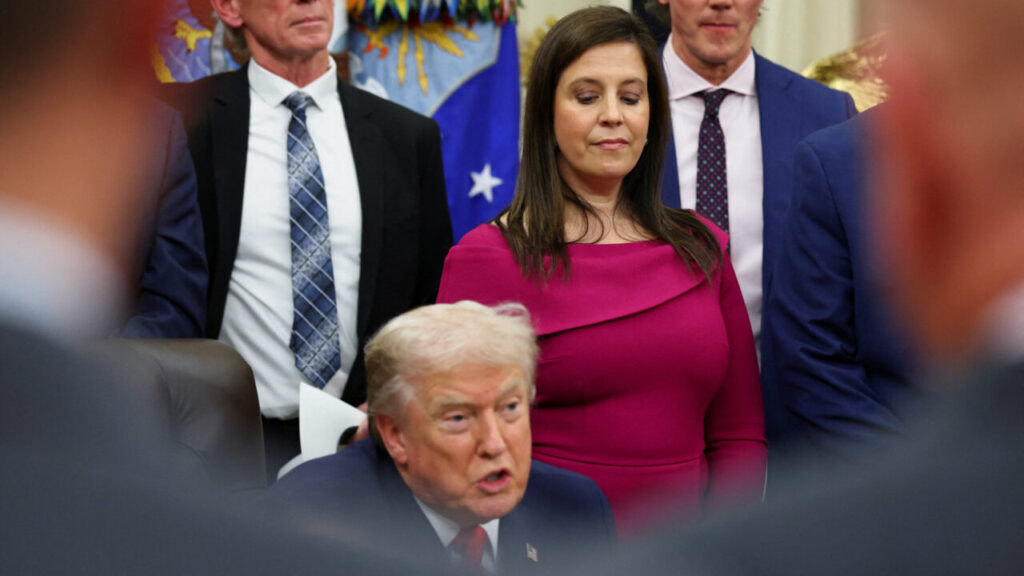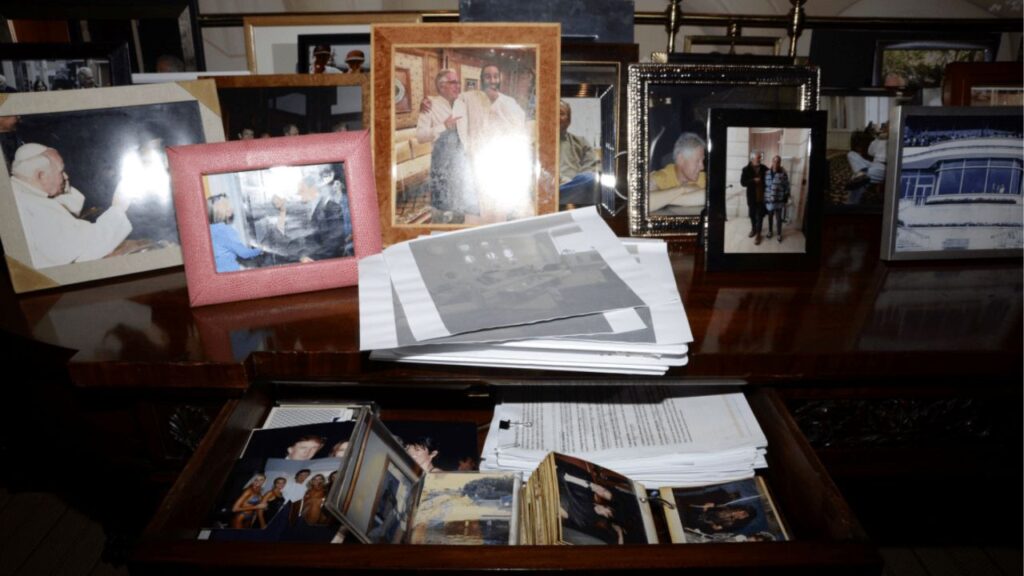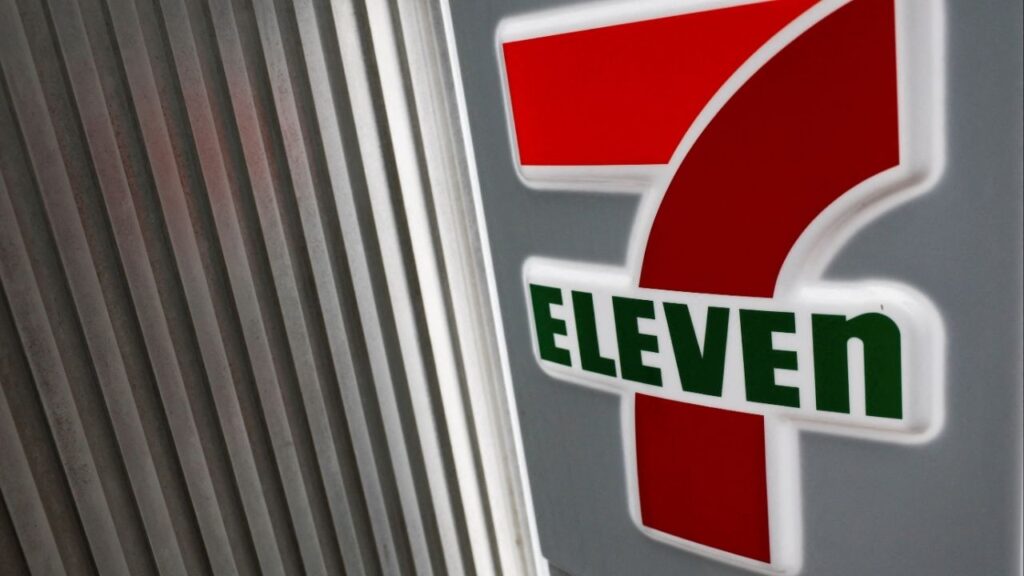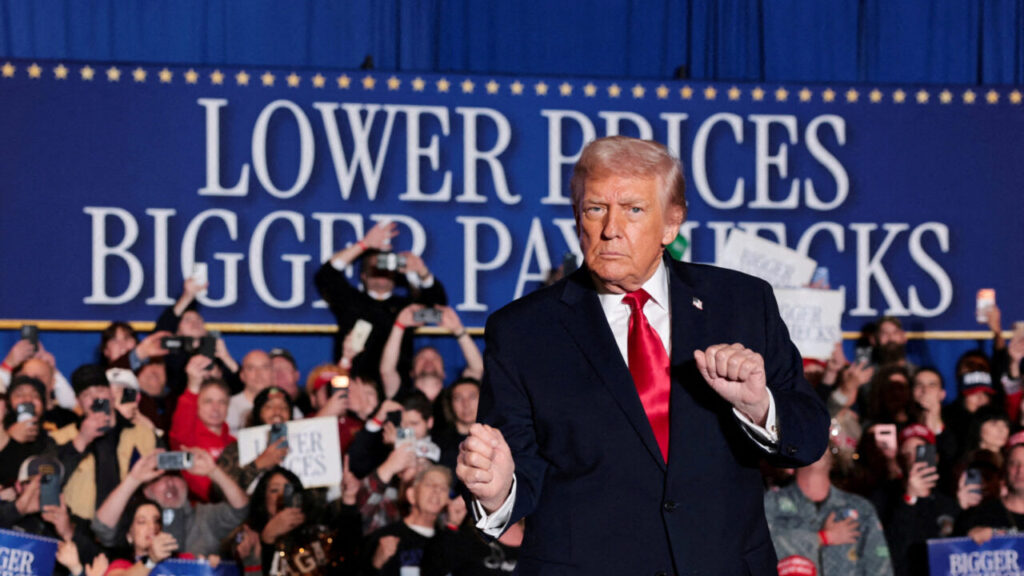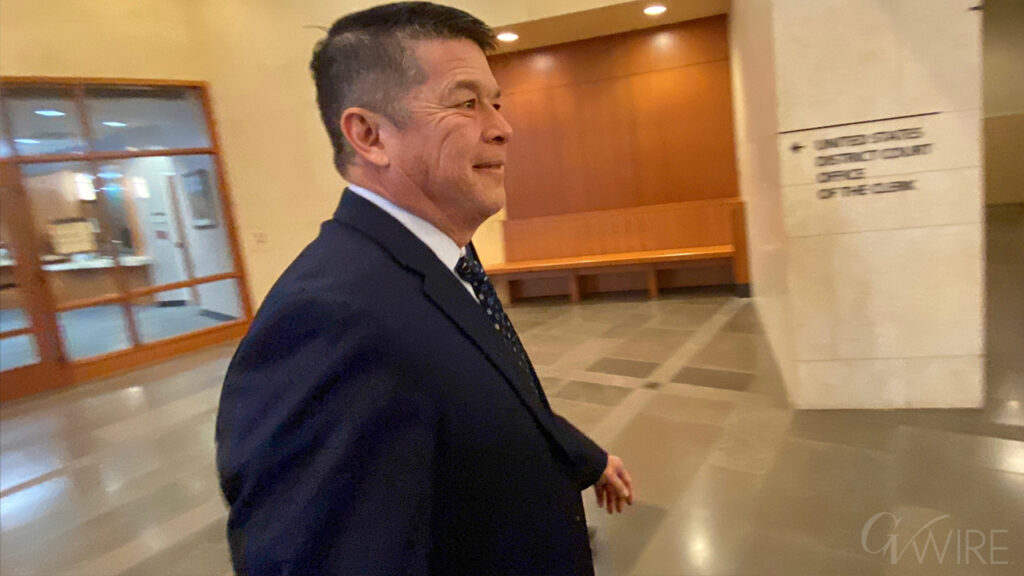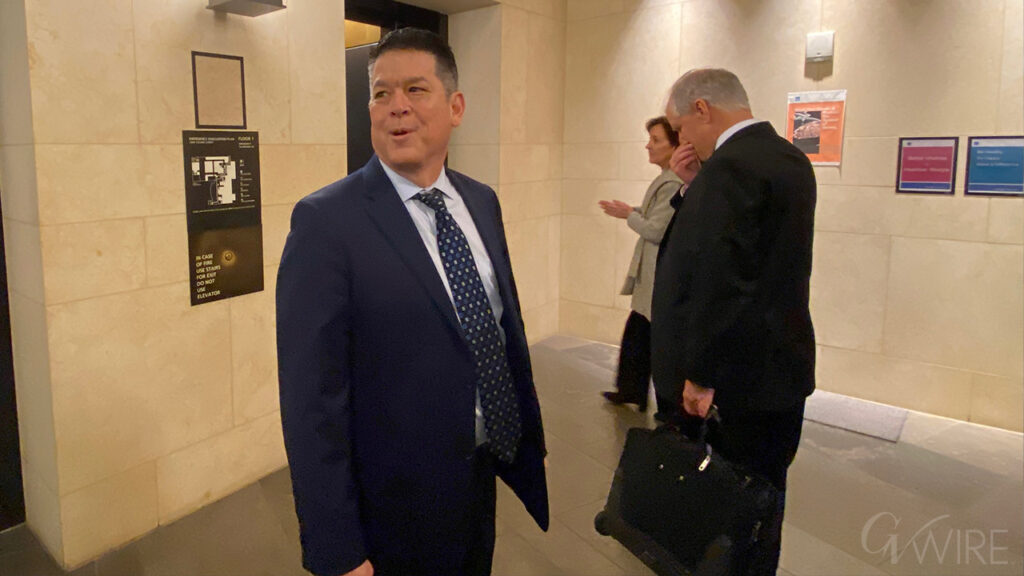
- Trump's proposed 50% copper tariff could raise U.S. car production costs, intensifying inflation and straining automakers and suppliers.
- Auto industry braces for major cost hikes, with tariffs and record-high copper prices threatening vehicle affordability and supplier stability.
- Experts say carmakers may pass copper tariff costs to consumers; some doubt Trump will follow through due to inflation concerns.
Share
|
Getting your Trinity Audio player ready...
|
LONDON/DETROIT – President Donald Trump’s threat of a 50% tariff on copper imports is raising alarm in the U.S. auto sector, as it could make it even harder for carmakers and suppliers to absorb border taxes and rising costs, executives and industry experts say.
The duties on their own may be manageable, but prices of the red metal vital for making cars, in particular in wire harnesses and in motors for electric vehicles, have soared to record highs.
The U.S. market is heavily reliant on imported copper, aluminum and steel, and developing new capacity could take years, so users are scrambling to buy metal from a limited number of suppliers, spurring price rises.
Added to import tariffs on those metals, as well as higher prices in the United States, the extra costs are compounding the financial strain on carmakers and parts suppliers, interviews with a dozen executives, industry analysts and experts show.
Carmakers have so far been relying on inventories to avoid raising prices, but could be forced to pass on mounting import tax costs to consumers.
Some like Ford and Toyota have already announced hikes to mitigate other Trump-induced tariffs, while Porsche expects a 300-million euro ($351 million) hit to results from tariffs for April and May alone.
“This (a copper tariff) complicates an already difficult situation” for the auto industry, said Daan de Jonge, lead analyst for copper demand and prices at Benchmark Mineral Intelligence.
Trump’s announcement of the tariff this week propelled prices on U.S. platform COMEX to a record $5.6820 a pound or $12,526 a metric ton, a premium of more than $2,920 a ton over the price on the London Metal Exchange, currently around $9,600 a ton, which the market uses as the global benchmark. The rate is effective August 1.
The U.S. Midwest duty-paid aluminum premium paid on top of the benchmark LME price for physical delivery has tripled to 60 U.S. cents a pound since Trump was inaugurated. In the same period, the LME price has slipped 3% to $2,604 a metric ton.
U.S. top carmakers GM, Ford and Jeep maker Stellantis declined to comment for this story.
Suppliers Pass on Some Costs
After a chaotic week in the copper market, suppliers to carmakers have already asked their customers this week to pay more for their product because they cannot afford the additional costs, experts say.
A source at a major auto supplier in the U.S. market said the company had seen “meaningful” impact from elevated copper, aluminum and steel prices.
This creates both commercial friction and structural cost gaps, said the source, who spoke on condition of anonymity because they were not authorized to discuss the issue publicly.
Even before any tariff takes effect, users are paying more for their U.S. copper.
Takashi Imamura, an executive officer at Japanese trading house Marubeni said on Wednesday a copper tariff would mean higher costs for U.S. consumers.
“When they (the U.S. government) reconsider the damage, my final expectation is that they will reduce or eliminate the tariffs,” Imamura said.
Parts suppliers are feeling the squeeze. Melanie White, president of suspension parts maker Hellwig Products, said steel prices have quadrupled since 2018.
Steel tariffs have caused a rush to source from U.S. providers, making it harder to secure supplies.
White said the roughly 50-person business has cut costs by putting off equipment purchases or not rehiring for certain vacant positions.
“It has affected a lot of things,” she said.
Costs
Benchmark’s de Jonge said that at pre-tariff rates, steel, aluminum and copper accounted for around 5% of a vehicle’s production costs in the United States.
With tariffs, that rises to up to 9%, he said.
Based on estimates from Cox Automotive and Benchmark Mineral Intelligence on tariffs already in place combined with the planned copper rates, the U.S. auto industry would pay on average minimum duty of $1,700 for every car made in the U.S. and $3,500 per car imported from Canada and Mexico that complies with the USMCA trade deal.
It would be as much as $5,700 for every car imported from elsewhere.
Those numbers add up fast in a low-margin industry where the average U.S. new vehicle selling price in June hit $46,233, according to consultancy J.D. Power.
Consultancy CRU Group estimates the average combustion-engine or hybrid car requires about 24 kg (53 pounds) of copper, while the average fully-electric car needs around 59 kg.
Dan Hearsch, global co-leader for automotive and industrials at consultancy AlixPartners, said supplier agreements tend to be indexed to copper prices and revised every few months.
But the spike in copper prices this week has forced auto suppliers to go to customers and “say, ‘Hey, we need to talk about this on top of all our other tariff conversations,'” Hearsch said.
Some in the industry remain skeptical that the copper tariff will actually be implemented. Trump has a history of delaying or walking back tariff threats.
Andy Leyland, co-founder of supply chain specialist SC Insights, said that a copper tariff would likely be short-lived because higher inflation caused by border taxes will collide with the reality of the U.S. political calendar – where midterm elections will be held in November 2026.
“Most Americans don’t really give a damn about foreign policy,” Leyland. “Inflation is the only concern that people really have.”
($1 = 0.8556 euros)
—
(Reporting By Nick Carey in London and Nora Ecker in Detroit; additional reporting by Nathan Gomes in Bengaluru, Katya Golubkova in Tokyo, Pratima Desai and Eric Onstad in London; Editing by Josephine Mason and Emelia Sithole-Matarise)





